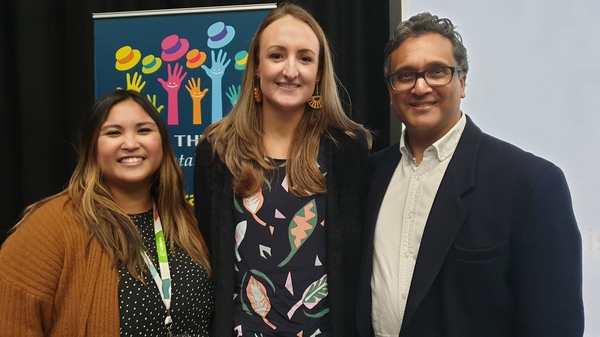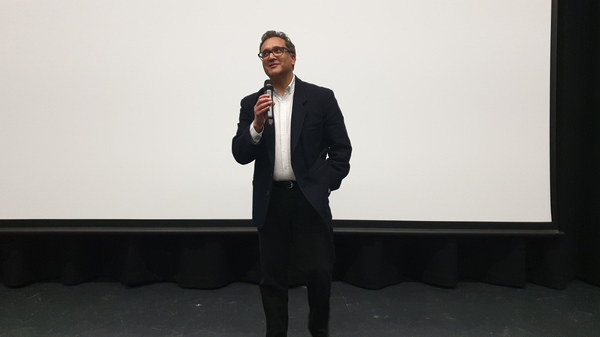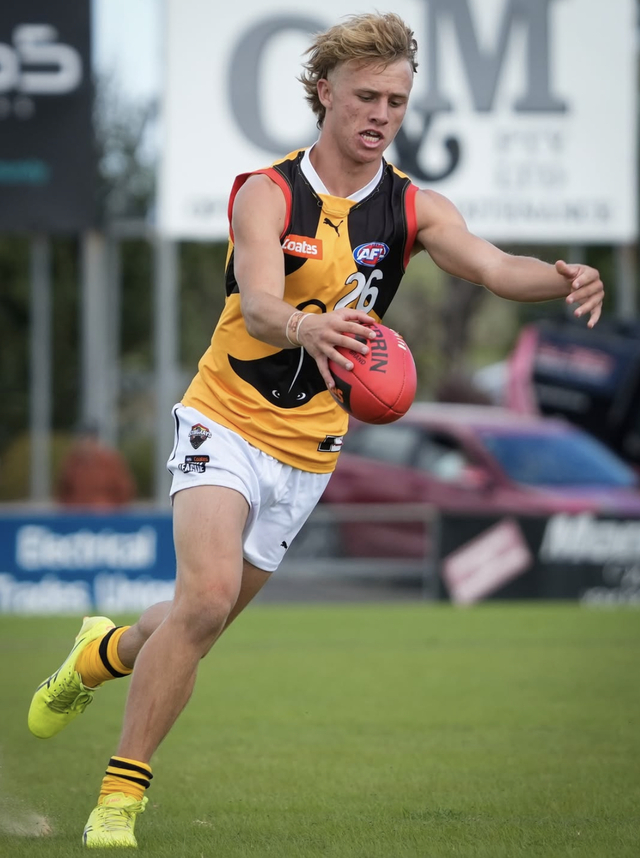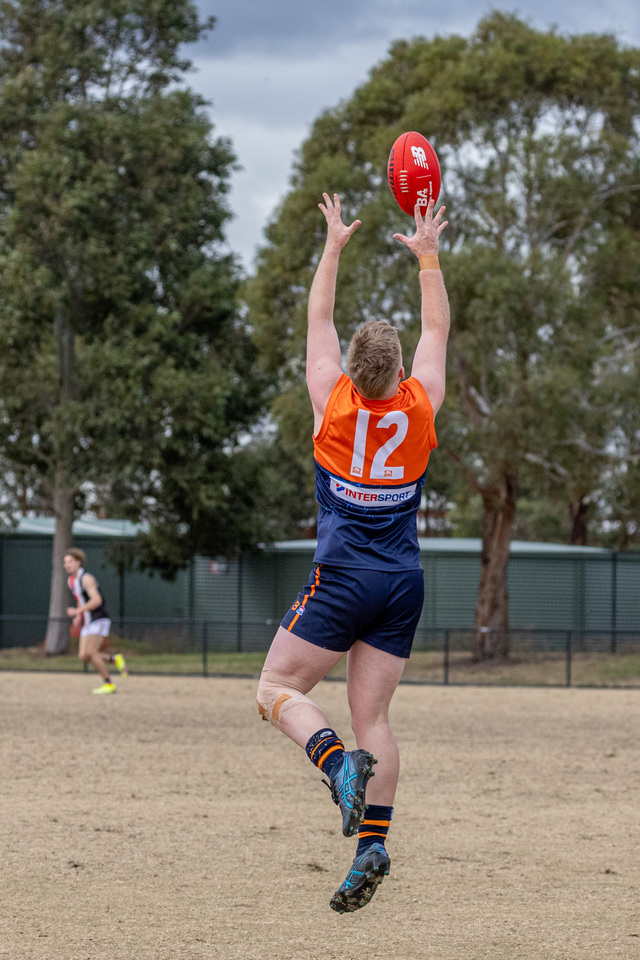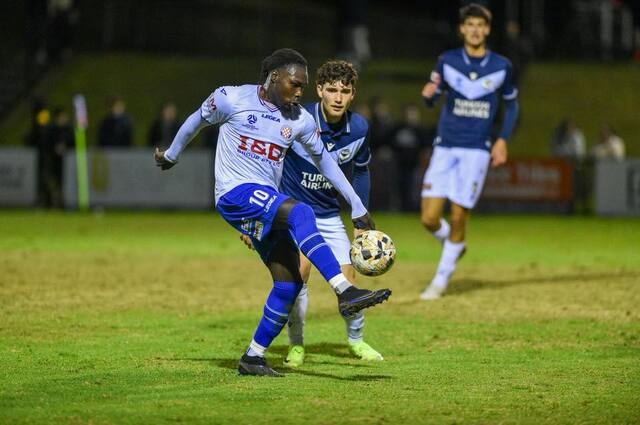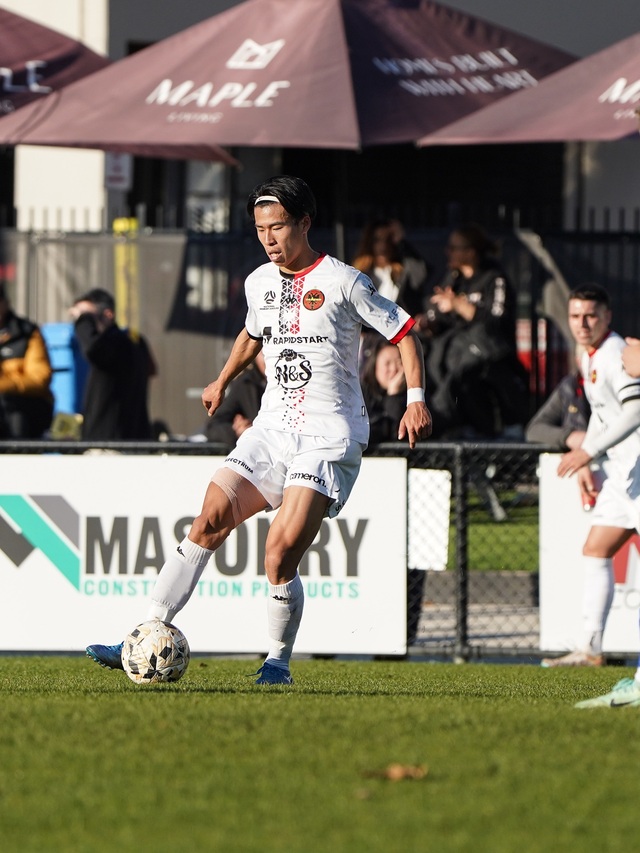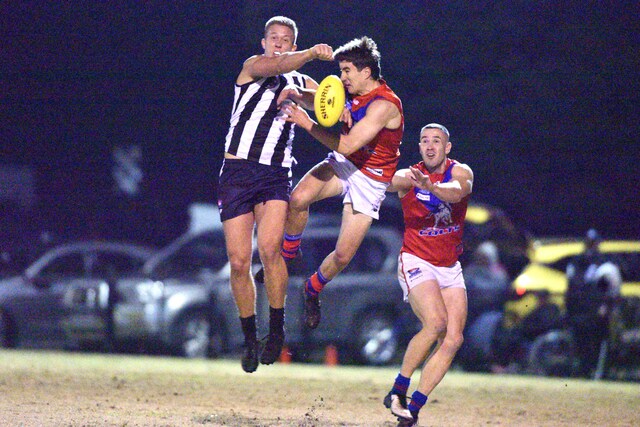It’s OK to ask for help.
That was the prevailing message at a free mental health forum staged by Rotary Club of Greater Dandenong on Wednesday 21 August.
But then there’s the question of how to ask.
From the audience, a single mum caring for an autistic child asked how she could get help while so isolated from family and friends.
Forum MC Vivienne Armstrong, of Australian Rotary Health, said her own life changed when she started to tell friends how they could help her.
Ms Armstrong has been caring for her son with cerebral palsy for more than 30 years. And she’d suffered two nervous breakdowns in that time.
The task was too hard for her to cope on her own. Don’t be too “tough” to ask for assistance, she said.
“They don’t ask you if you need help because they’re afraid to. They don’t know what you need.
“You can’t expect others to tell you how they can help you because they haven’t been there and haven’t felt it.
“It’s up to you to say can you drop off the kids at school or could you pick up the shopping. Or sit with me and watch TV for half-an-hour because I’m lonely.
“It’s up to you to tell your family and friends how to help you.”
The forum’s guest experts were psychiatrist and author Greg de Moore, teacher and Metanoia Movement founder Sara Villiers and headspace clinical lead Christina Molina.
Assoc Professor de Moore spoke of mental illness’s ongoing stigma.
His own personal assistant at his Westmead Hospital clinic – a husband and father – showed no signs, told no one of his anguish before he took his own life, Mr de Moore said.
But even last year in delivering his colleague’s eulogy, Mr de Moore could not mention he took his own life – at the bereaved family’s request.
He told of another astonishing story of an inpatient at Beechworth’s former asylum, whose brother unbeknowned to either of them worked in the asylum’s maintenance shed.
The patient had been admitted 30 years earlier during World War II with a post-natal illness. Her brother who was fighting overseas in the war had been told by his parents that she’d died in a car crash.
Every day, Mr de Moore would see between four and eight people who attempted suicide the night before.
He’s written two popular books to shine a light on mental health. One was on Australian Rules founder and star cricketer Tom Wills who was traumatised by his father’s death in a frontier massacre.
For 20 years, Wills self-medicated with alcohol before taking his own life at 44 years of age.
His other book was on the under-celebrated Australian medical discovery of lithium as a treatment for bipolar disorders.
“When people come out and articulate what they’ve been through in the darkest of moments, it’s something that helps us all.”
If you need help, call Lifeline on 13 11 14 or Kids Help Line on 1800 55 1800.

